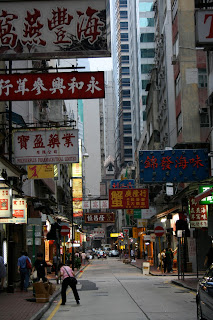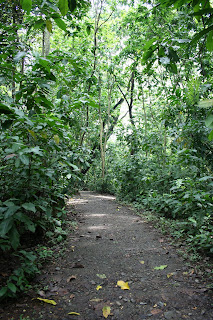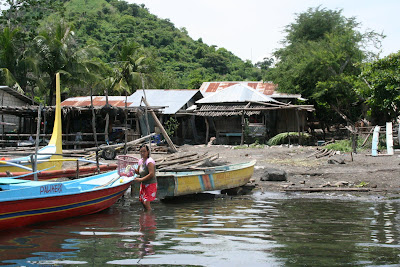There are pros and cons to being in a country with very strict rules, but one of the pros is Singapore's commitment to conservation. We benefited from three of those projects, and four if you count the zoo: Fort Cannery Park, the Botanical Gardens, and the Nature Reserve.
The Botanical Gardens are free to the public, responsible dog-owner friendly, and very close to the Embassy. You could easily spend your lunch hour de-stressing in the green.
The Singapore Zoo is a delight for adults and children. So many monkeys!!
For an additional fee you can stay for the 7 pm Night Safari, which is in an entirely separate park next to the zoo. Even though tours leave every ten minutes, I recommend getting in line at 6 pm. You'll wait about an hour, but if you arrive at 6:30p you'll be in line for much, much longer.
Bukit Timah Nature Reserve, also free to the public, is a mostly undisturbed section of primary rain forest, and heaven to green lovers from Manila! Surprisingly polite wild monkeys roam about, and if you look closely you will see a flying lemur, or a Colugo, trying to blend in with a tree's bark. If you are especially lucky you might see one take flight.
Singapore is Manila's polar opposite: it's quiet, exceptionally clean, and orderly. If you're looking for 3rd world adventure it's not for you, but it is a welcome break to Americans living in Manila. However, you'd best follow the rules.
In Manila most rules are a suggestion and open to various ways of "coping" with getting caught, but Singaporeans take their rules very seriously.





















.jpg)
.jpg)





























